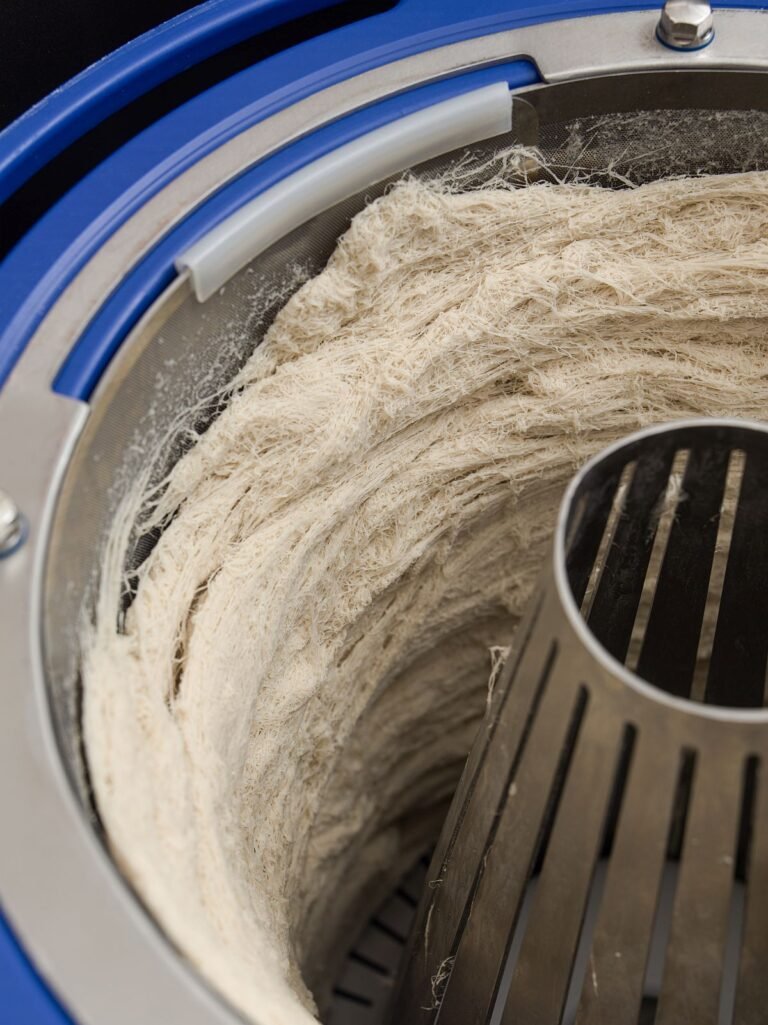Checkerspot—a startup making high-value lipids via fermentation of microalgae—has teamed up with Bulgarian biopharma co Huvepharma to produce the human milk fat analog OPO (Oleic-Palmitic-Oleic or sn-2 palmitate) at industrial scale.
The lipid helps babies absorb essential nutrients such as calcium and fat-soluble micronutrients and confers immunological and anti-inflammatory properties, says CEO John Krzywicki, who says Checkerspot has “received a strong level of outreach” from leading infant formula players.
The partnership combines Checkerspot’s molecular and strain engineering platform with HuvePharma’s fermentation, manufacturing and distribution capabilities, Krzywicki told AgFunderNews: “In addition to serving as a commercial scale production partner, Huvepharma will be actively involved in the preparation of regulatory dossiers, the clinical substantiation of the ingredient, and its global distribution.”
‘A step-change improvement’ on current offerings
The high sn-2 palmitate algal oil—which mimics triglyceride structures found in human milk fat—is designed to replace palm oil-based products currently used in infant formula that are enzymatically modified to get closer to the fats in breastmilk, but don’t quite make the grade, claimed Krzywicki.
“While these first-generation substitutes have notably enhanced the nutritional properties of infant formula, they exhibit varying levels of sn-2 palmitate, typically ranging from 39-65% of the total palmitic acid content.”
This falls below the level of palmitic acid in the sn-2 position observed in human milk (around 65% +/- 5%), added Krzywicki. “We have developed a unique human milk fat analog containing palmitic acid in sn-2 position in the range of 70-75% of total palmitic acid.”
Currently, infant formula manufacturers rely on a range of fat blends, he said. “Some use palm oil–derived ingredients, which can be enzymatically restructured to partially mimic the triglyceride structures found in breast milk. Others, including several major brands, formulate with conventional vegetable oils such as high-oleic sunflower, rapeseed, or soybean oil. While these are safe and suitable for infants, they do not provide the specific concentration or structural arrangement of palmitic acid that breast milk delivers.
“With this innovation, we are introducing a step-change improvement: a fermentation-derived oil that more closely replicates the natural structure of human milk fat without relying on palm oil. It is free from environmental contaminants and potential processing adulteration, while ensuring a premium level of safety, quality, and consistency.”
Checkerspot and Huvepharma aim to position algal oil as “both a superior nutritional solution for infants who cannot be breastfed and a scalable, sustainable alternative to palm-derived sn2 palmitate oils,” he said.
Checkerspot is initially filing regulatory dossiers for the use of the oil in infant nutrition products in the US, EU, and China.
Labeling will vary by country, said Krzywicki, “But we anticipate that the approach could follow the precedent used for algae-derived DHA in infant formula, ensuring clarity and compliance in each market.”
Watch our interview with Krzywicki at the Future Food-Tech summit in London:
The post Checkerspot teams up with Huvepharma to produce human milk fat analog at scale appeared first on AgFunderNews.




